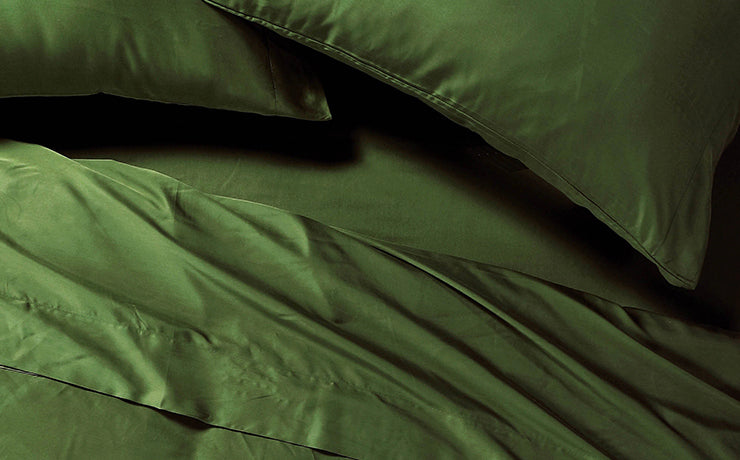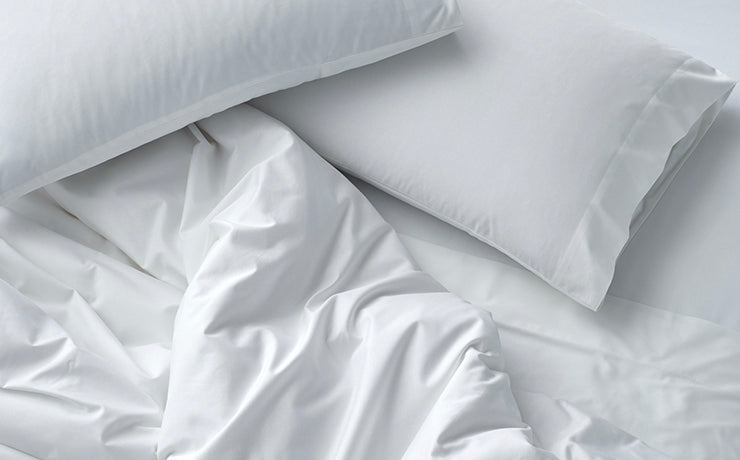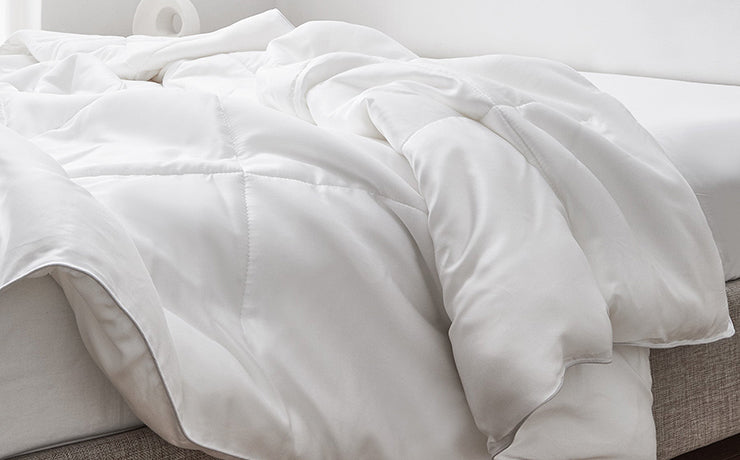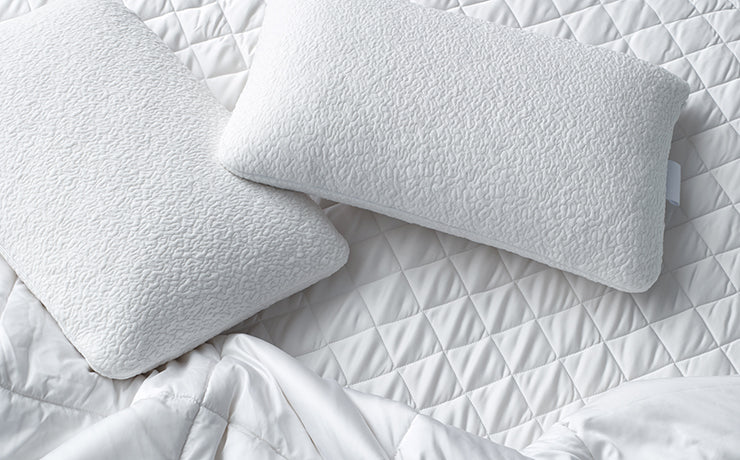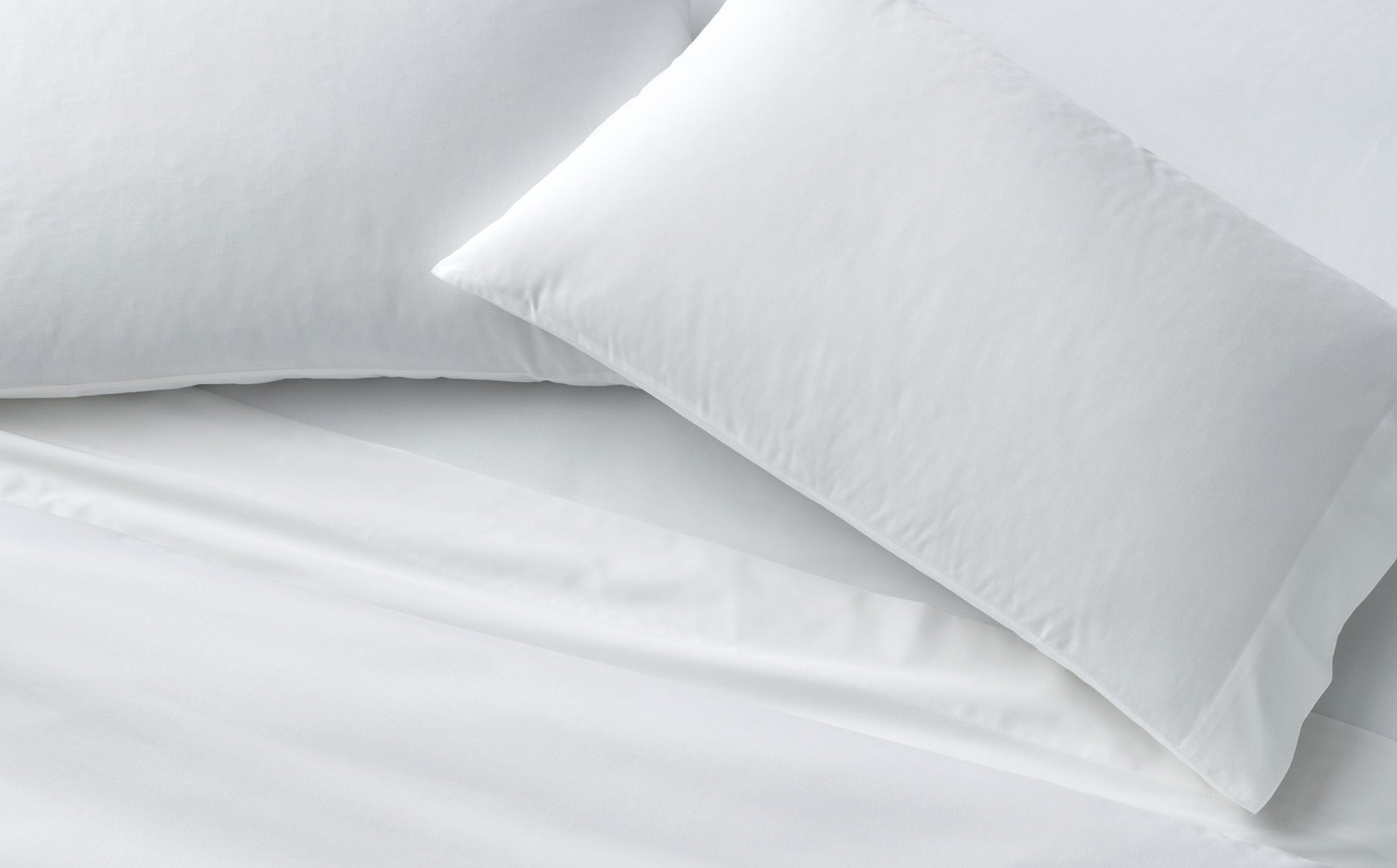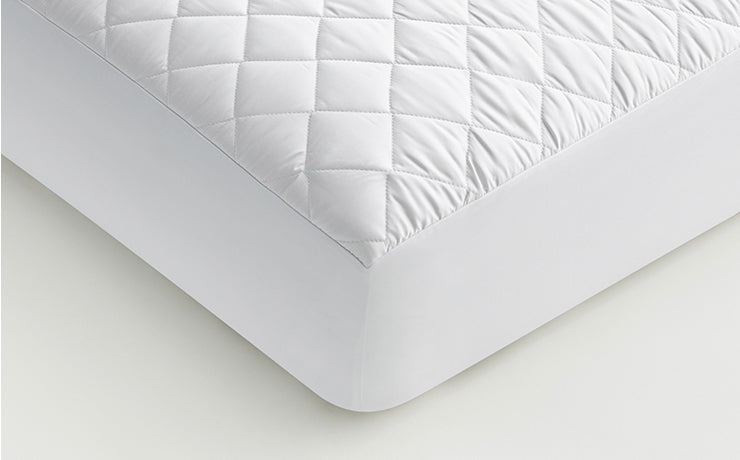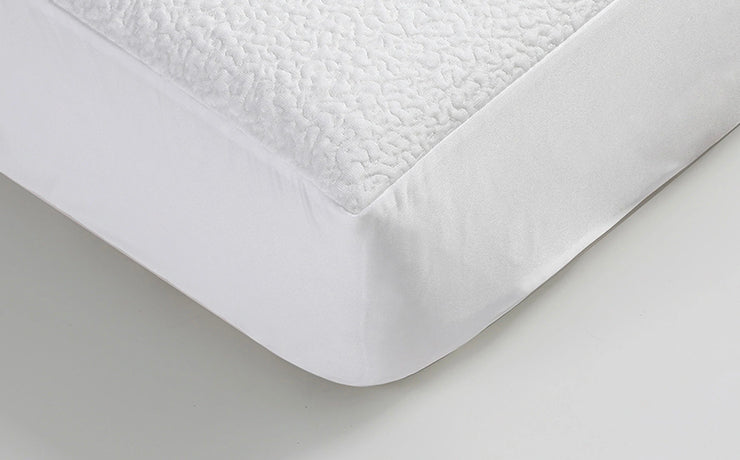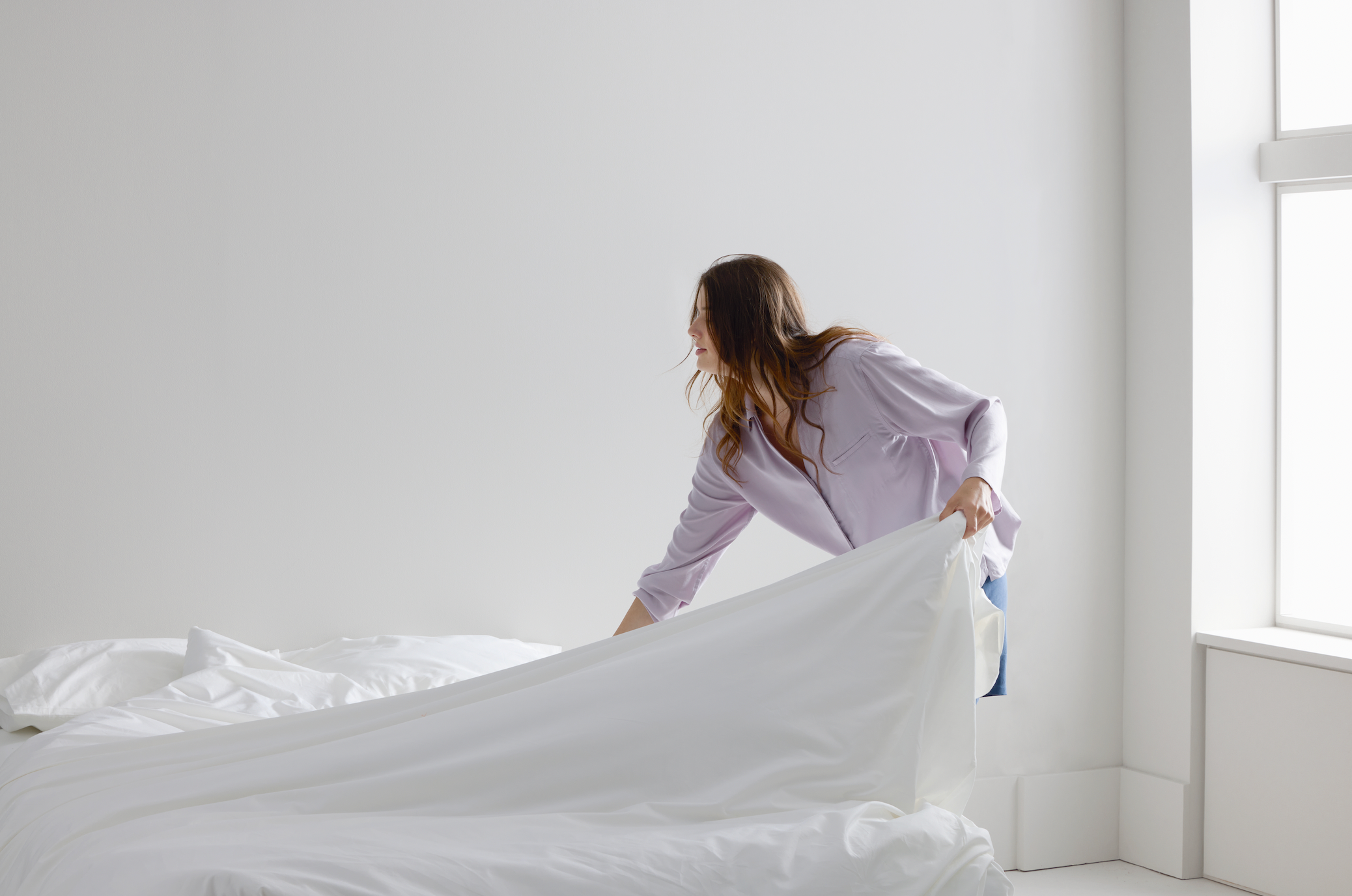
Why You Need Downtime To Stay Healthy
Today's post comes from guest blogger Karen Bradford.
Having ‘Time off’ and Its Effects on Your Health
Feeling run down, stressed and tired? When last did you take time off? Chances are, the two are directly linked.
In today’s world, people are working more than ever before. A 2020 survey revealed that more than half of working Americans would end the year without using their PTO, and a depressing 43% had, or were planning, to work on their vacation time. Statistics from a variety of other sources also indicate that America is one of the most overworked and stressed nations in the world. And as so many people are working from home these days, the line between private and company time is becoming increasingly blurred, making it harder to enjoy those precious free hours.
Moreover, the links between overworking and ill-health—physical as well as psychological—are numerous and well-documented.
On the other side of the coin, a great deal of research demonstrates the correlation between adequate rest and optimal brain function. Although sleep is not fully understood by scientists, what we do know is that sleep and restful waking time are vital to our emotional and physical wellbeing. Why then are we pushing ourselves so hard? And what’s it doing to our wellness and health?
A World of Overwork
As costs of living around the world are rising, people everywhere are feeling the pinch. Many are having to take on additional working hours to make ends meet. Elsewhere, the pressure on employees to work unpaid overtime is mounting.
A recent analysis by the OECD showed that the United States is the most overworked nation in the developed world, with Americans clocking an average of 169 more annual working hours than workers in Japan. The same survey noted that America’s productivity has increased by 430% since 1950 and that Americans today get weeks less paid leave than any workers in any other industrialized nation.
NPR recently announced the sobering toll that this overworking is taking on the well-being of the nation’s citizens: 745 000 Americans died of overwork-related complications in 2020.
The United States is also unique among developed nations with its laws on mandatory overtime (which exists nowhere else in the industrialized world) and having no cap on overtime. Many companies also prohibit the right to organize or permit workers to exercise their constitutionally enshrined right to collective bargaining, which only exacerbates the overworking crisis and impacts work life balance.
Modern Work Culture
The phenomenon of “workism” is endemic to the United States: an almost religious devotion to hard work and ‘the grind’ that borders on masochistic, as overworking has become a source of pride.
Most of us want to do well in what we do, to demonstrate our competence and earn the praise and respect of our peers and seniors. But increasingly it seems like companies have unrealistic expectations of their employees, including how much they should devote of their time and energy to their work.
Employees across America are feeling increasingly pressured to work unreasonable and/or unpaid hours, a recent survey found that 1 in 5 respondents felt pressured to work overtime, mandatory or otherwise. Stress management becomes crucial in such scenarios.
Increasingly, doctors are viewing overwork and burnout as physiological medical conditions. Just like all medical conditions, overwork has distinct symptoms. Irritability, fatigue, diminished appetite, headaches, and difficulty sleeping and concentrating are the telltale signs of overwork.
If you are experiencing these symptoms, it’s time to take action. Whether this means changing your lifestyle or seeing a physician, it’s important that you don’t simply continue as you are. Your health will suffer. Just one example of this is how your risk profile increases when you’re tired. Overworked employees are 60% more likely to have a workplace-related injury than those working a 40-hour week. Burnout prevention should be a priority for everyone.
WFH Or Work From Hell?
The pandemic has exacerbated the situation. Along with the virus has come an epidemic of working from home. Hours spent on Zoom or Teams, bombardments of memos and messages, and all from the comfort of the home office; it seems like the home-work division has blurred in an unhealthy way.
The virus has had another insidious effect. Americans have been unable to travel, first because of travel bans, and now because of inflation, and the tragic irony is that many of us are finding ourselves spending the rare leisure time we do have in the exact same place where we’ve been working our butts off.
Studies revealed that 69% of Americans who had made travel plans for the summer had changed or were intending to change or downgrade their vacation. This means that those who planned to take a real break may now not do so, and their health will suffer from it. The importance of rest cannot be overstated.
The Dangers Of Not Getting Enough Downtime
There’s no denying it. Not getting enough rest is bad for you.
Research indicates that working 55 hours a week puts your risk of stroke at 35%, as opposed to 17% for those who work a 40-hour work week. Systematic analysis conducted by the National Institute of Health over a 30-year period showed that long working hours and commutes have detrimental effects on bodily and mental health. Cardiovascular disease, chronic fatigue, hypertension, substance abuse, diabetes, anxiety, and depression are amongst the most common side effects that the study pinpointed in those who are overworked. These findings underscore the benefits of self care and taking time to recharge.
Sleep deprivation is also a serious health concern.
In the short-term, lack of sleep inhibits concentration and response time, increasing the likelihood of getting into an accident. In the long term, sleep deprivation increases the risk of obesity and sexual dysfunction and weakens the immune system.
At a more fundamental level, the brain needs sleep to function. The psychological impacts of rest are well-documented too. Low mood, erratic behavior, and anxiety and irritability are all exacerbated by tiredness. And if that wasn’t enough to worry about, sleep deprivation can also affect your appearance. Shadows under your eyes and sallow and baggy skin are some of the quickest symptoms to emerge, but in the long-term sleep deprivation hastens the aging process. Getting enough rest has never been more important.
The Innumerable Benefits Of Rest
The benefits of rest are numerous. Taking time off from the regular routine gives us time to recharge, and generally makes us more productive in the long term.
Without a healthy work-life balance, people become more prone to burn-out and mental health problems. It’s difficult to have a productive work environment when workers are running on fumes. The benefits of healthy work culture have proven to be enormous too. Reduced stress, increased productivity, and better health is some of the positives. Well-rested people get sick less often so absenteeism is reduced, and this improves morale.
The Science Of Sleep
Sleep is vital to optimal brain and body functioning. At different ages, people need different amounts of sleep, but everyone needs an adequate amount to stay healthy. Sleep gives your body the time to recharge, preparing your body for the next day ahead. If you’re well-rested you’ll feel recharged and revitalized when you wake up, but if you’re overworked and stressed your body won’t have had enough time to repair itself, and you’ll still feel tired.
Years of brain activity studies tell us that there are four stages of sleep, and two different kinds: REM (rapid eye movement) sleep, and NREM (non-rapid eye movement) sleep. The first three steps are NREM, while REM sleep only occurs in the final stage, and the body cycles through all stages throughout the night.
Each of these stages is important and if you suffer from a poor sleeping routine or regularly interrupted sleep cycle, you won’t get enough rest. Taking time off gives your body a chance to “rebuild” its sleep cycle and for you to recharge properly, rather than just refuelling you enough to get you through the next day. This highlights the benefits of self care and maintaining a healthy lifestyle.
Cleaning Up Your Sleep Hygiene
It’s not just the downtime that you get that’s important, it’s the quality of it. That’s where sleep hygiene comes in.
Sleep hygiene refers to the environment and paraphernalia that make up the place and time of your sleeping. Your mattress, sheet, pillows and blanket, the lighting in the room, your alarm clock and sleeping patterns, all these and more comprise your sleep hygiene.
There are plenty of ways to clean up your act if you’re worried that you’re not getting the sleep you need. The CDC has issued several recommendations in this regard. You should avoid alcohol, caffeine, sugar, and other mood-altering substances in the hour leading up to bedtime. Digital screens should get switched off at least two hours before you get into bed, and you should charge devices elsewhere, as charging and backlights can be disruptive in an otherwise darkened room.
The temperature of your bedroom also has an impact. Switch your thermostat to a temperature that’s most comfortable. Avoid eating a large meal before bedtime and keep a consistent sleep schedule. Finally, regular exercise promotes more restful sleep. These healthy lifestyle tips can greatly improve your sleep quality and overall wellness.
Taking time off means getting a good night's sleep. But it means more than that. You need to take a proper vacation regularly and change your lifestyle to ensure work doesn't negatively impact your health. Engaging in downtime activities can help you relax and recharge, contributing to better overall wellness.
Your body and brain will thank you!
More about guest author Karen Bradford:
Karen Braford is a custom home security expert at Fortified Estate with a passion for the written word. When she's not designing plans or writing, you can find her playing puzzle games or challenging herself at an Escape Room.
Related links:

